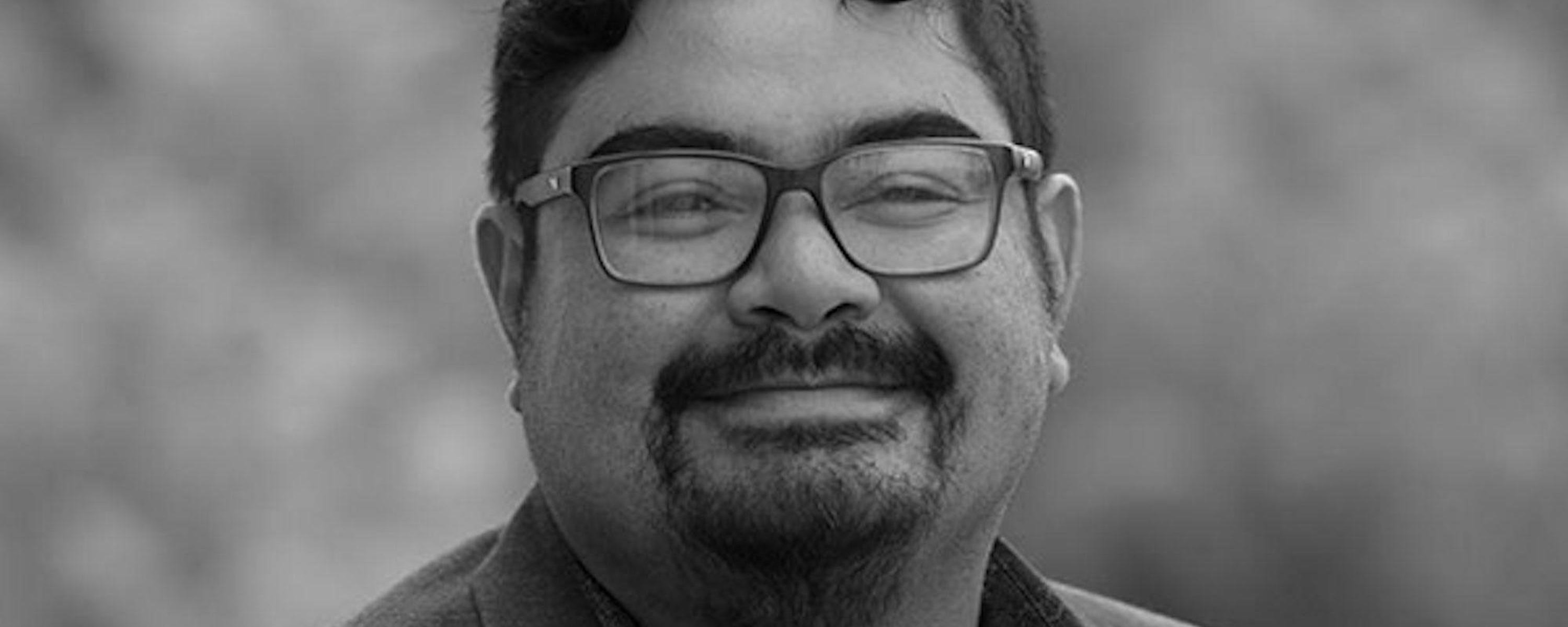In a surprise visit to El Salvador at the end of March, Republican Senator Marco Rubio met with President Nayib Bukele, declared him a democratic leader, and lashed out at the Biden administration for attacking an ally like Bukele instead of Cuba or Venezuela. Rubio —who months earlier voiced skepticism of the Salvadoran leader— embraced an unusual ally with a clear past in leftist politics.
Bukele received the gesture with the same enthusiasm with which he welcomed Chinese President Xi Jinping’s interest at the end of 2019.
Bukele's foreign relations are not strategic, but rather extractive in nature. If money or public approval are in play, he can go from swearing allegiance to the United States one day to declaring them an enemy the next. The only strategy with China —to the extent there is one— is to demonstrate that there are alternatives to the United States government that criticizes Bukele’s authoritarian governance. For China, Bukele’s embracing of Rubio only reinforced mistrust.
Rubio, however, seems to care little about the ups and downs of the Salvadoran president. The Florida Senator —a strident anti-communist— has sealed an alliance with a man who once called himself a radical leftist, socialist, who praised Fidel Castro, received money tied to Venezuelan state oil, and who has avoided denouncing the Russian invasion of Ukraine.
In a normal world, all these actions would disqualify Bukele from Rubio's friend list, but in a precarious time for Latin American conservatism, the lawmaker has made an exception. The improbable camaraderie between Rubio and Bukele shows that a part of the regional right feels weak in the face of Gustavo Petro’s arrival to power in Colombia and Brazil’s influence under President Luiz Inacio “Lula” Da Silva.
Rubio’s visit makes it clear that the Senator has conveniently forgotten the detention on the verge of torture suffered by one of the Salvadoran right-wing politicians, Ernesto Muyshondt, and Bukele's continuous fights with Republicans in the Senate and the House of Representatives regarding bitcoin.
The senator’s endorsement is certainly a diplomatic victory for Bukele after continuous defeats for his international image. For months, Bukele's U.S. lobbyists have tried to cultivate the more radical field of the Republican Party by selling a vision of Bukele as a banana republic “anti-woke” messiah and enemy to the gangs. Although evidence shows that the alleged “triumph” against the gangs is based on covert negotiations with the groups, data manipulation, and human rights violations, Rubio has decided that a good social media campaign supersedes ideology.
There is no doubt that the Florida Senator is influential, but his power is relative. Florida is not a must for a Democratic victory in the 2024 presidential election. In the past, Rubio was President Donald Trump's informal top adviser on hemispheric affairs. Bukele and his lobbyists —who also live in Florida— are aware of Rubio’s relevance in the world of conservative geopolitics.
But the alliance with the U.S. lawmaker could bring Bukele at least one headache for a rapidly deteriorating economy such as that of El Salvador: challenging the relationship with China, which has become a geopolitical ally and top donor for Bukele’s lavish projects.
China —viewed by the presidency as a gigantic bank to finance megaprojects— has promised to fund a soccer stadium and a water treatment plant, among other projects. “China knows that Bukele is not reliable. China has decided, since Bukele resumed the relations at the end of 2019, that all this cooperation would use regular processes,” a source with knowledge of the bilateral relationship told me, adding that Bukele’s continuous diplomatic twists have fomented distrust in Beijing.
Although Rubio can give Bukele a much-needed political backing, the endorsement of the senator —a sworn enemy to Beijing— could affect the pace and visibility of works carried out with Chinese money and that could be promoted in the Salvadoran presidential campaign for unconstitutional reelection.
Biden can throw Bukele a financial lifeline, but it would hinge little on Rubio. The U.S. administration —with which Bukele has very poor rapport— is highly influential in the International Monetary Fund, from which the Salvadoran government has failed to secure a $1.3 billion loan for at least two years.
The Salvadoran government has launched a new offensive —including hiring a former IMF official as lobbyist— to save the country from what appears to be a real risk of bankruptcy. According to Infobae, Biden officials are skeptical of an agreement in the short term.
Bukele's ego and need for attention have led El Salvador to the first negative direct investment flow in a decade, the stagnation of tax collection, and the loss of millions in public money in the failed bid for broad bitcoin adoption.
With the water up to his neck, Bukele might soon face difficult decisions: embrace Rubio at the expense of China or succumb to the IMF and be open to political and economic concessions, such as giving up or scaling back bitcoin adoption.
If it comes to that, Bukele might realize that Rubio’s embrace does not guarantee a long relationship. In 2017, Rubio called former Honduran President Juan Orlando Hernández, now indicted in the United States for alleged narco ties, “an ally against drug trafficking.”
But upon Hernández’s fall from grace, neither the senator nor other American conservatives publicly came to his defense. Rubio has for now extended his friendship to Bukele, but it may not last if right-wing candidate Zury Ríos is elected president of Guatemala this year or, perhaps, Bukele makes another unexpected trip to Beijing.
The president's moods are prone to change and his appetite for easy money and attention is insatiable.
Ricardo Valencia is an assistant professor of communications at California State University, Fullerton. Twitter: @ricardovalp

